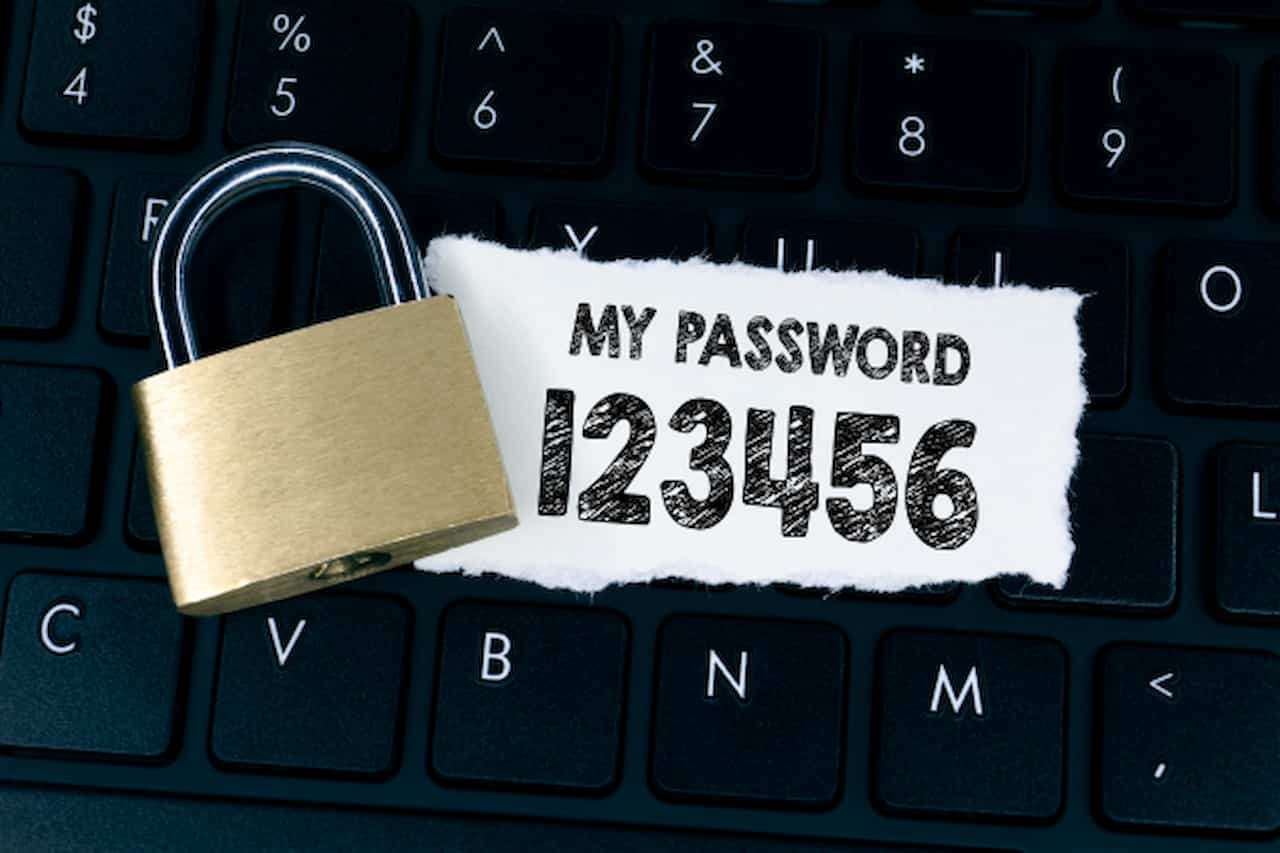The Password Crisis of 2024: Why ‘123456’ Still Reigns Supreme
In a revealing study that might make cybersecurity experts cringe, NordPass’s latest annual password analysis shows that humans haven’t gotten any better at protecting their digital lives. The most shocking discovery? The notorious “123456” continues its reign as the world’s most commonly used password for the second consecutive year.
“We’re seeing a concerning pattern of simplicity over security,” says Emma Thompson, chief security analyst at NordPass. “People are still choosing convenience over protection, despite the rising threats in our digital landscape.”
The Usual Suspects
The top five most vulnerable passwords of 2024 read like a kindergartener’s first typing lesson:
- 123456
- 123456789
- 12345678
- password
- qwerty123
What’s particularly alarming is that these passwords take mere milliseconds to crack using modern hacking tools. Yet, millions of users worldwide continue to rely on them to protect their sensitive information.
A Global Password Problem
The study, which analyzed a massive 2.5-terabyte database of leaked passwords across 44 countries, reveals some fascinating regional variations. While Americans favor “secret” as their go-to weak password, Canadians prefer “qwerty123,” and British users commonly opt for “liver pool.”
John Martinez, a cybersecurity expert, explains: “Each country’s list tells a cultural story. We see sports teams, popular culture references, and even local slang making their way into passwords. Unfortunately, their predictability renders them extremely vulnerable.
Beyond the Obvious: Surprising Trends
The analysis uncovered some unexpected patterns in password creation:
- Pop Culture Passwords: “pokemon,” “naruto,” and “minecraft” were frequently used.
- Emotional Expressions: Both “iloveyou” and its angry counterpart “fuckyou” made the list.
- False Security: Even attempts at complexity like “P@ssw0rd” proved dangerously common
Corporate Concerns
Perhaps most concerning is the corporate password landscape. Similar weak patterns were evident in business credentials, which should adhere to higher security standards. The mysterious “aaron431” emerged as the fifth most common corporate password in the U.S., raising questions about potential widespread security vulnerabilities in professional settings.
Moving Forward: Security Solutions
Experts recommend several steps to improve password security:
- Use password managers to generate and store complex passwords.
- Enable two-factor authentication whenever possible.
- Consider implementing passkeys, a newer security technology.
- Create unique passwords for each account.
- Avoid using personal information in passwords.
“The technology to protect ourselves exists,” says Sarah Chen, digital security consultant. “We just need to start using it.”
The Wake-Up Call
As cyber threats evolve and become more sophisticated, the continued use of weak passwords represents a significant risk to personal and corporate security. While it might seem convenient to use simple passwords, the potential cost of a security breach far outweighs the minor inconvenience of creating and remembering a strong password.
Remember: if your password appears on any of these lists, it’s time for a change. As Chen puts it, “In today’s digital age, your password is often the only thing standing between your personal information and those who want to steal it. Make it count.”
